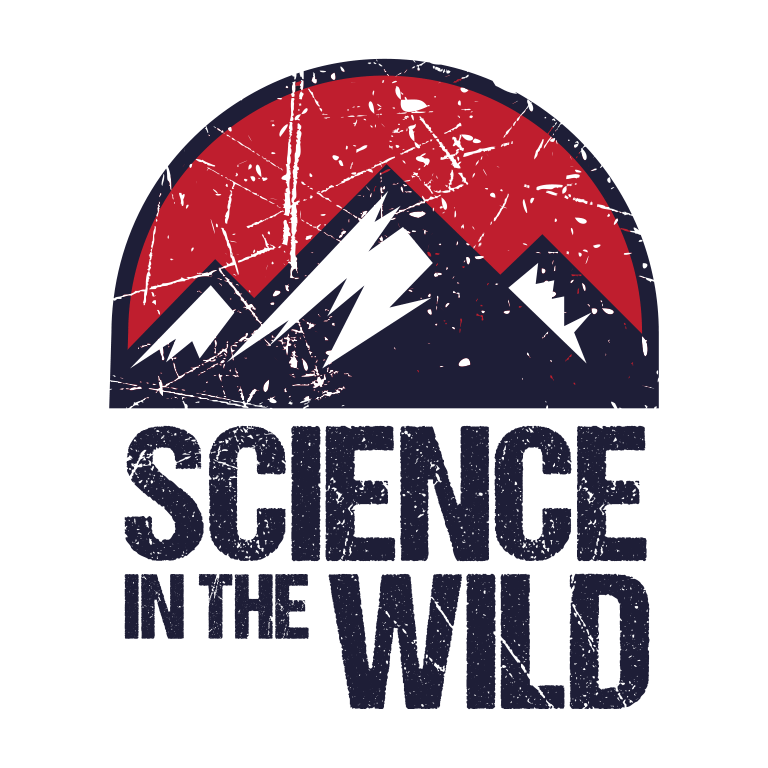It’s the year 2022. Despite scientific progress in many realms, there’s still a stubborn persistence of pseudoscience, irrational beliefs and even downright science denial. There are many ways we can and do deceive ourselves on a day-to-day basis. When we want something to be true (motivated reasoning), we are prone to emotionally biased frantic Google and YouTube searches for justification. Confirmation bias is another offender – searching for and favoring information that confirms our beliefs. There’s also the overconfidence effect – that tendency to overestimate our knowledge and/or abilities. This last one, perhaps, is the most annoying for those who dedicate their lives to science, going through an arduous PhD defense, only to have armchair “experts” telling them they know better from doing their own “research.” Scientific skepticism – insisting on evidence before accepting a claim – is important – but so long as someone is able to discern the strength and quality of the evidence.
A very human problem is that we’re blind to our own biases – yes, even scientists at times. It’s important to have this self-awareness and to be well-equipped with the tools to deal with it. If and when faced with evidence that threatens a deeply held belief – something that’s central to our identity – we should not search for evidence simply to support what we believe (“cherry-picking”) and discount the rest. We have to be better about being honest with ourselves. Pseudoscience is motivated by the desire to believe something is true especially if it conforms to our sense of identity – and wishful thinking is a big driver of this. The standard of evidence here is very low because pseudoscience is trying to pass itself off as science. Compare this with science denial where the standard of evidence is very high. Those in denial will still go against well-established science. Relevant examples of this in the here-and-now include denying the safety and efficacy of vaccines and human-caused climate change. This denial translates into actual harm – to us, humans and to our home, Planet Earth.
If evidence suggests you should change your mind, then that’s what you must do. If you can separate your identity from a belief, then evidence that the belief is wrong will feel less like a personal attack. When defending beliefs becomes more important than understanding reality, we run into trouble. So, given the importance of scientific literary and critical thinking skills in an age of misinformation, how do we get better at this? What tools can we use? Check out the “FLOATER” toolkit – “a way to stay afloat in a sea of misinformation” – developed by a professor (Melanie Trecek-King), who specializes in science education. When you understand the process of science and how to draw reasonable conclusions from available evidence by evaluating claims, you are empowered to make better decisions. Better decisions lead to health and happiness.
photo: Ulyana Horodyskyj, in Antarctica

